Philosophy
"We believe organic farming is the Anti-oxidant of mothernature"
In Nature, everything returns to its purest form
This process is vital to the sustainability of Nature
“Organic Farming” is the authentic way of returning
To Nature what is found only in Nature
USDA Certified Organic from seed to packaging
Nature-oriented skin-care brand
It is purorganic
 Oxidant vs Anti-Oxidant
Oxidant vs Anti-Oxidant
An antioxidant is a molecule that inhibits the oxidation of other molecules. Oxidation is a chemical reaction that transfers electrons or hydrogen from a substance to an oxidizing agent. Oxidation reactions can produce free radicals. In turn, these radicals can start chain reactions. When the chain reaction occurs in a cell, it can cause damage or death to the cell. Antioxidants terminate these chain reactions by removing free radical intermediates, and inhibit other oxidation reactions. They do this by being oxidized themselves, so antioxidants are often reducing agents such as thiols, ascorbic acid, or polyphenols.[1]
Substituted phenols and derivatives of phenylenediamine are common antioxidants used to inhibit gum formation in gasoline (petrol).
Although oxidation reactions are crucial for life, they can also be damaging; plants and animals maintain complex systems of multiple types of antioxidants, such as glutathione, vitamin C, vitamin A, and vitamin E as well as enzymes such as catalase, superoxide dismutase and various peroxidases. Insufficient levels of antioxidants, or inhibition of the antioxidant enzymes, cause oxidative stress and may damage or kill cells.
As oxidative stress appears to be an important part of many human diseases, the use of antioxidants in pharmacology is intensively studied, particularly as treatments for stroke and neurodegenerative diseases. Moreover, oxidative stress is both the cause and the consequence of disease.
 Oxidative stress reflects an imbalance between the systemic manifestation of reactive oxygen species and a biological system's ability to readily detoxify the reactive intermediates or to repair the resulting damage. Disturbances in the normal redox state of cells can cause toxic effects through the production of peroxides and free radicals that damage all components of the cell, including proteins, lipids, and DNA. Further, some reactive oxidative species act as cellular messengers in redox signaling. Thus, oxidative stress can cause disruptions in normal mechanisms of cellular signaling.
Oxidative stress reflects an imbalance between the systemic manifestation of reactive oxygen species and a biological system's ability to readily detoxify the reactive intermediates or to repair the resulting damage. Disturbances in the normal redox state of cells can cause toxic effects through the production of peroxides and free radicals that damage all components of the cell, including proteins, lipids, and DNA. Further, some reactive oxidative species act as cellular messengers in redox signaling. Thus, oxidative stress can cause disruptions in normal mechanisms of cellular signaling.
In humans, oxidative stress is thought to be involved in the development of cancer,[1] Parkinson's disease, Alzheimer's disease,[2] atherosclerosis, heart failure,[3] myocardial infarction,[4][5] fragile X syndrome,[6] Sickle Cell Disease,[7] lichen planus,[8] vitiligo,[9] autism,[10] and chronic fatigue syndrome.[11] However, reactive oxygen species can be beneficial, as they are used by the immune system as a way to attack and kill pathogens.[12] Short-term oxidative stress may also be important in prevention of aging by induction of a process named mitohormesis.[13]
Antioxidants are widely used in dietary supplements and have been investigated for the prevention of diseases such as cancer, coronary heart disease and even altitude sickness. Although initial studies suggested that antioxidant supplements might promote health, later large clinical trials with a limited number of antioxidants detected no benefit and even suggested that excess supplementation with certain putative antioxidants may be harmful.[2][3][4] Antioxidants also have many industrial uses, such as preservatives in food and cosmetics and to prevent the degradation of rubber and gasoline.[5]

 Oxidant vs Anti-Oxidant
Oxidant vs Anti-Oxidant